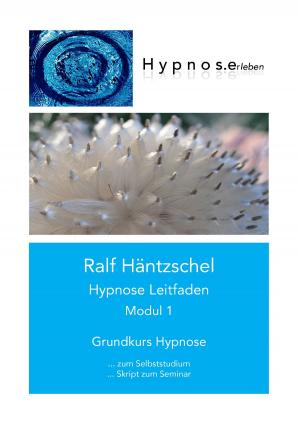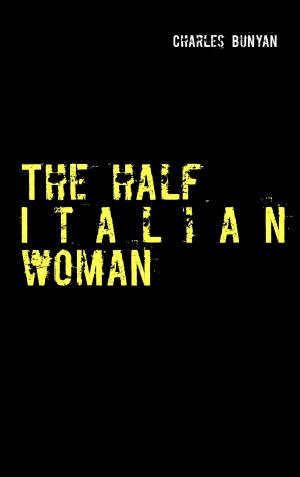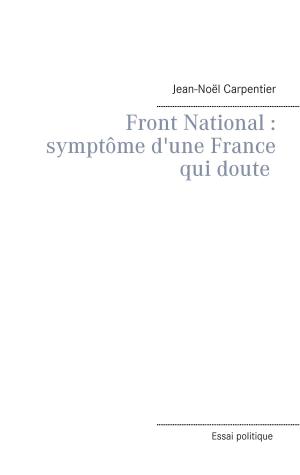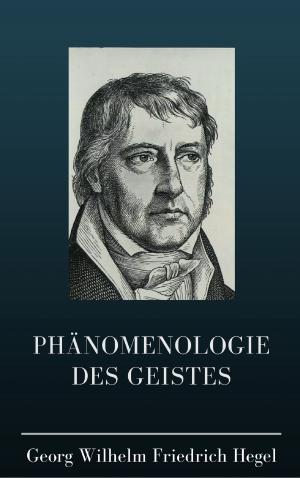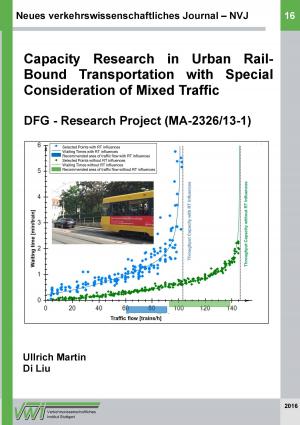The Power Play of Consciousness: The Representation of Power in Henry James’s Novel "The Portrait of a Lady"
Master Thesis Free University Berlin
Nonfiction, Reference & Language, Language Arts| Author: | Annett Heibel | ISBN: | 9783735777072 |
| Publisher: | Books on Demand | Publication: | April 30, 2014 |
| Imprint: | Language: | English |
| Author: | Annett Heibel |
| ISBN: | 9783735777072 |
| Publisher: | Books on Demand |
| Publication: | April 30, 2014 |
| Imprint: | |
| Language: | English |
At the height of American Realism, in 1880, Henry James portrays his heroine Isabel Archer as caught up in a power dynamic of friendship and marriage from which she emerges as the yielding, submitting, surrendering part. She unconsciously confers power to her friend Madame Merle and her husband Gilbert Osmond and gives in to their influence, thereby falling victim to their use and abuse. By way of gradual cognition and the accumulation of knowledge, she becomes conscious of her deception and recognizes her compliance with external powers. Realizing her own internal power she eventually sets herself free. Yet Madame Merle and Osmond also give an account of the submission to external powers by ascribing power to aristocratic standards and any means to achieve them. Power in James is a matter of what or whom an individual confers power to. As such, power can be divided into positive and negative power. Positive power embraces the affirmation of one’s internal power; negative power encompasses the affirmation of external powers. In my thesis, I want to trace both negative and positive power in the book, trace Isabel Archer’s transformation from negative to positive power, and prove that James finds the origin of power in human consciousness. While doing so, the first part of my work deals with my conceit of what powers the characters yield to (analysis of character), whereas the second part attends to how the novel achieves that apprehension (analysis of imagery and viewpoint). I also wish to show that the story of Isabel Archer exhibits parallels to Machiavelli’s 1513 political tract “The Prince”, Madame Merle representing Machiavelli, Osmond resembling the Prince himself and Isabel Archer being the fettered soul of the people. But through his form of placing the center of the subject in the heroine’s consciousness, James encourages the reader to view power as a matter of mind and as the perception of potential threats to one’s own fears. His moral is that only the state of consciousness, under whose intimate sway we live, can grant or retract power.
At the height of American Realism, in 1880, Henry James portrays his heroine Isabel Archer as caught up in a power dynamic of friendship and marriage from which she emerges as the yielding, submitting, surrendering part. She unconsciously confers power to her friend Madame Merle and her husband Gilbert Osmond and gives in to their influence, thereby falling victim to their use and abuse. By way of gradual cognition and the accumulation of knowledge, she becomes conscious of her deception and recognizes her compliance with external powers. Realizing her own internal power she eventually sets herself free. Yet Madame Merle and Osmond also give an account of the submission to external powers by ascribing power to aristocratic standards and any means to achieve them. Power in James is a matter of what or whom an individual confers power to. As such, power can be divided into positive and negative power. Positive power embraces the affirmation of one’s internal power; negative power encompasses the affirmation of external powers. In my thesis, I want to trace both negative and positive power in the book, trace Isabel Archer’s transformation from negative to positive power, and prove that James finds the origin of power in human consciousness. While doing so, the first part of my work deals with my conceit of what powers the characters yield to (analysis of character), whereas the second part attends to how the novel achieves that apprehension (analysis of imagery and viewpoint). I also wish to show that the story of Isabel Archer exhibits parallels to Machiavelli’s 1513 political tract “The Prince”, Madame Merle representing Machiavelli, Osmond resembling the Prince himself and Isabel Archer being the fettered soul of the people. But through his form of placing the center of the subject in the heroine’s consciousness, James encourages the reader to view power as a matter of mind and as the perception of potential threats to one’s own fears. His moral is that only the state of consciousness, under whose intimate sway we live, can grant or retract power.




